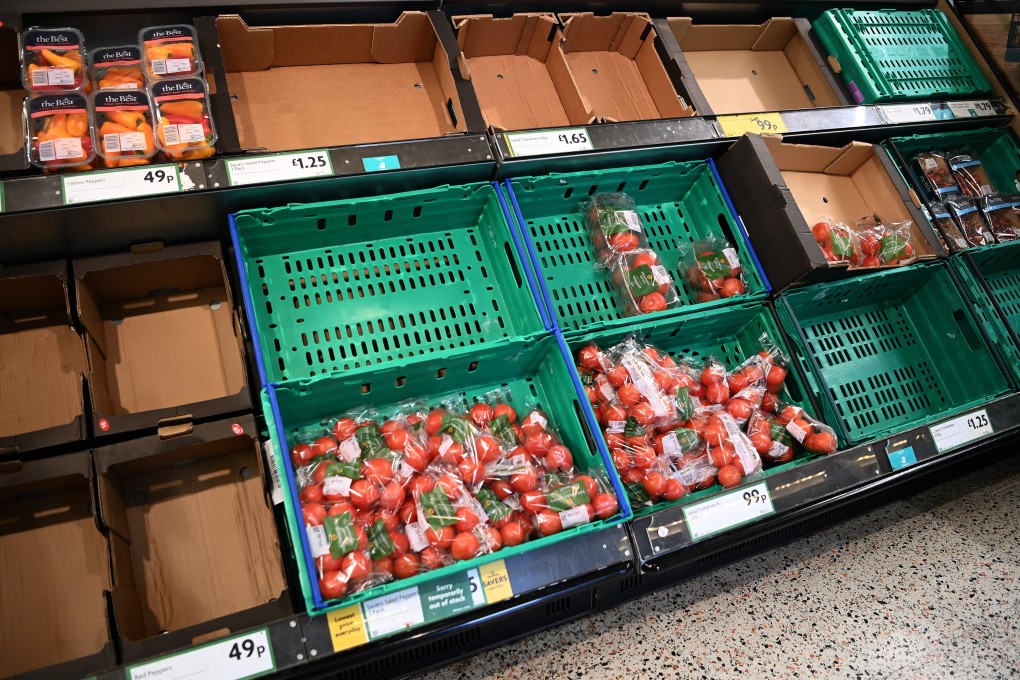My Take | BN(O) children may soon have to look east for brighter future
- As poor Britain grapples with a host of social and economic problems, Poland, Hungary and Romania are on course to being better off

Many BN(O) families from Hong Kong say they emigrate to Britain to seek a better future for their children. If so, their offspring may have to find work in Poland, Hungary and Romania when they grow up. That’s because according to a new economic analysis by the Labour Party, Britain will be poorer per person than Poland by 2030, and Hungary and Romania by 2040. It may end up, economically, on a par with hated Russia.
While past performance is not necessarily a good indication of future prospects, there is no question that Britain has been stuck in a low-growth rut for at least a decade now. In 2021, the GDP per capita of the United Kingdom was US$44,979, compared with US$34,915 in Poland, US$33,593 in Hungary and US$30,777 in Romania.
Projecting similar growth rates from 2010 to 2021 for the countries – as in 0.5 per cent for the UK, 3.6 per cent for Poland, 3 per cent for Hungary and 3.8 per cent for Romania – the average person in the UK will be worse off than his or her counterpart in the three European countries over the next two decades. Of course, those countries may yet slow economically, but that won’t be any consolation for people living in the UK.
It’s also possible Britain will regain high productivity and high growth in the coming decades, but there are few reasons for such optimism. There could have been a win-win in improving economic relations between Britain and China. But led by the United States, the country has already decided on a lose-lose confrontation to contain and isolate the world’s second-largest economy.
Unfortunately, not only has Washington failed to offer any preferential trade or economic pact after Brexit, but also it is pursuing a new protectionism that will no doubt hurt its Western allies, including the UK. Under the guise of resisting the bogey Chinaman, the US will be offering an estimated US$2 trillion in subsidies and tax breaks to domestic companies and research institutions. From green energies to infrastructure rebuilding and advanced computer chips, it is directly helping its domestic private sector to compete unfairly for global market shares at the expense of allies.
